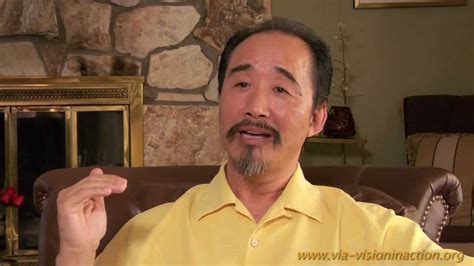A Quote by Richard Koch
In business the 80/20 principle is behind any innovation, any extra value. It is an entrepreneurial principle, a formula for value creation utilized not only by entrepreneurs, but by most managers and organizations.
Related Quotes
Economists often talk about the 80/20 Principle, which is the idea that in any situation roughly 80 percent of the “work” will be done by 20 percent of the participants. In most societies, 20 percent of criminals commit 80 percent of crimes. Twenty percent of motorists cause 80 percent of all accidents. Twenty percent of beer drinkers drink 80 percent of all beer. When it comes to epidemics, though, this disproportionality becomes even more extreme: a tiny percentage of people do the majority of the work.
Business is a creative and therefore spiritual endeavor. Great entrepreneurs enter the field of business in the same way great artists enter the field of art. With their business creation, entrepreneurs express their spiritual desire for self-realization, evolutionary passion for self- fulfillment, and creative vision of a new world. The entrepreneur's business is their artwork. The creation of business is as creative as any creation in art. In fact, building a business may be the most creative human activity.
Entrepreneurship is the cornerstone to African development and the key to local value creation in Africa. I am determined to ensure that Africa's next generation of entrepreneurs have the platform they need to turn their entrepreneurial aspirations into sustainable businesses that will drive economic growth and job creation across Africa.
It is never to be expected in a revolution that every man is to change his opinion at the same moment. There never yet was any truth or any principle so irresistibly obvious that all men believed it at once. Time and reason must cooperate with each other to the final establishment of any principle; and therefore those who may happen to be first convinced have not a right to persecute others, on whom conviction operates more slowly. The moral principle of revolutions is to instruct, not to destroy.































